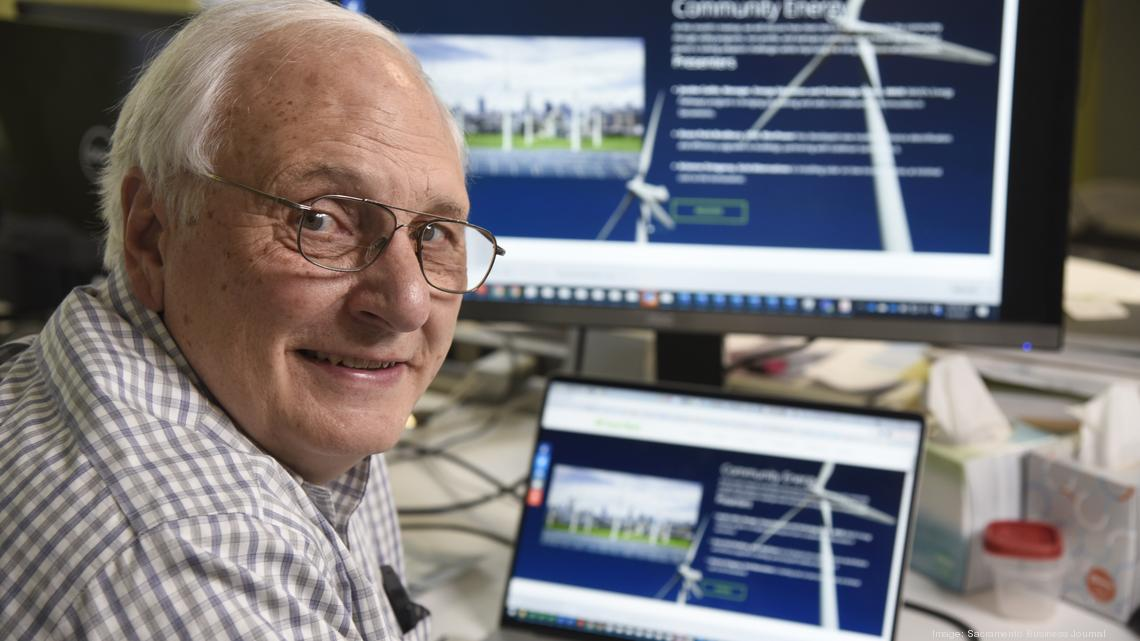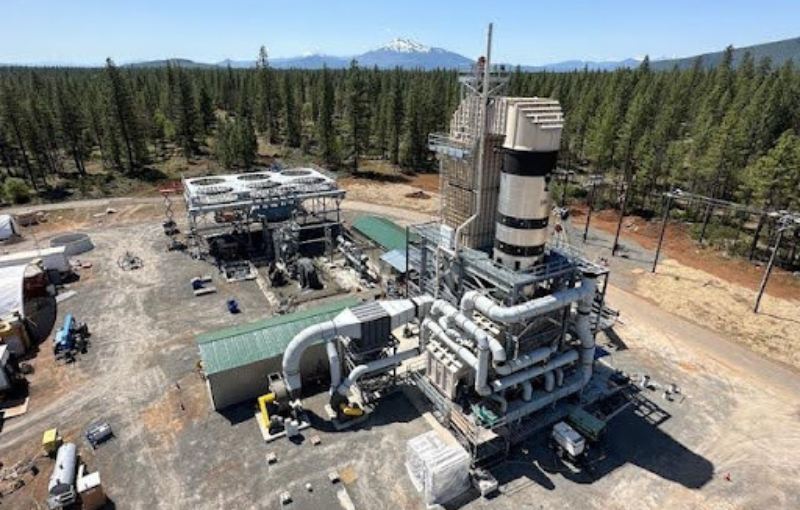In 2022, we wrote that “West Biofuels Making the Leap to Commercial Plants”. Now it is clear they made that leap. We checked in with COO Matt Summers recently and discovered they are charging ahead with one plant operating, one nearly ready to operate under commercial conditions and two more ready to go once PG&E approves their interconnection requests. These 4 will each thermally convert biomass to fuel a 3 MW power plant. One uses rice straw (Williams) and the remainder use forestry thinnings (Hat Creek, Mariposa, and Mammoth Lake). Due to a special utility tariff (the Bioenergy Market Adjusting Tariff (BioMAT), utilities are required to procure up to 250 MW of power from plants that are 3 MW or less and pay premium prices that are a multiple of what they otherwise would pay. The tariff was developed by the State because it recognized the many benefits of community-scale bioenergy facilities including a source of baseload power, assisting in reducing open burning and forest fires, and developing community jobs and local rural economy. The program has clearly been a real boost for the industry and the local community.
West Biofuels (WBF) stands out from others pursuing these prices by switching to an entirely different power generation system, one based on an indirect-fired Organic Rankine Cycle (ORC) generator. One of the big challenges in a gasifier system is dealing with the variability of the available biomass feedstock, which affects the quality of the gas and the amount of undesirable by-products in it that impact engine generator performance. WBF’s approach sidesteps that problem by using a system that is much less sensitive to such variations. The gas burns cleanly and it’s heat vaporizes a liquid to turn a turbine hooked to a generator. As a result of their switch, WBF plants are running well and with a higher uptime and lower operating cost than most others. There is still some of the 250 MW allocation unused that WBF wants to go after. To fully utilize the allocation, the CPUC may need to extend the expiration date beyond the end of next year. Matt believes that the program has a good chance of extension since one of the main reasons plants are delayed is the amount of time (measured in years) utilities are taking to approve and implement grid interconnection requests.
Still at some point, these allocations will run out and WBF will need to find a product worth more than electricity to stay in the game. Realizing this long ago, WBF started a program in 2015 with funding from the CEC to make clean fuels from the syngas. That too is a tricky business with most catalysts to produce clean renewable “natural” gas or clean renewable diesel being inefficient or too costly to operate. WBF believes they have found better catalysts and are ready to start producing renewable “natural” gas (RNG) in its Woodland facility as a pilot demonstration. This $15 million effort is partly funded by PG&E through their RNG Pilot Program and is awaiting California Public Utilities Commission approval. The plant will be ready to start producing gas after installing the gas upgrading unit and will start injecting RNG into PG&E’s pipeline in 2026. The plant will process 5 tons per day of biomass for a 3-year pilot demonstration.
WBF has also done very well lining up contracts and grants to subsidize their power plants. In all they have received $44.5 million from the CEC, US DOE, USDA, and CAL FIRE to get its four plants constructed.
In a tough market using a tricky technology, WBF now stands out as one of those rare commercial success stories in biomass gasification as it has found ways to overcome the challenges that have stymied many others.

ABOUT THE AUTHOR
Sponsors




Weintraub | Tobin, Revrnt, Moss Adams, PowerSoft.biz, Greenberg Traurig

